
The U.S. FDA has granted orphan drug designation to DPTX3186, an investigational therapy being developed for gastric cancer treatment.

Ryan Scott is an Editor of CURE; she joined MJH Life Sciences in 2021. In addition to writing and editing timely news and article coverage, she manages CURE's social media accounts; check us out @curetoday across platforms such as LinkedIn, Facebook, X, and Instagram! She also attends conferences live and virtually to conduct video interviews and produce written coverage. Email: rscott@mjhlifesciences.

The U.S. FDA has granted orphan drug designation to DPTX3186, an investigational therapy being developed for gastric cancer treatment.
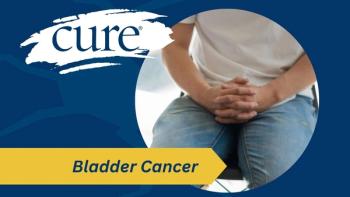
Bill, a USC Norris patient, joined the SUNRiSE-1 trial for Inlexzo, avoiding bladder removal and reaching full remission from BCG-unresponsive bladder cancer.
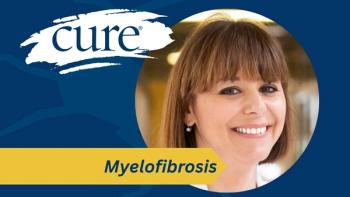
Dr. Francesca Palandri discusses anemia in myelofibrosis, its impact on survival and quality of life, and the potential of Ojjaara for patients.

Stage 2 lymphoma is treatable. Diagnosis and treatment depend on subtype, but most patients achieve excellent outcomes with modern therapies.

Learn what stage 2 ovarian cancer means, how it’s diagnosed, treatment options like surgery and chemotherapy, and key questions to ask your oncologist.
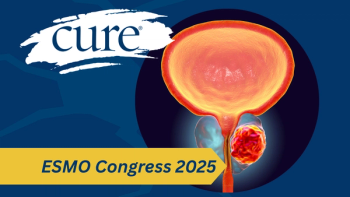
Adding Xtandi to androgen deprivation therapy and radiation did not significantly improve metastasis-free survival in high-risk localized prostate cancer.

Ponsegromab improved body weight, suppressed GDF-15 and was well-tolerated over 64 weeks in cancer-associated cachexia, including patients switching from placebo.

The FDA granted orphan drug designation to the investigational therapy MNV-201 for myelodysplastic syndrome, a serious, age-related blood disorder.

Brittney Nichols discussed the emotional and physical side effects of lung cancer treatment, as well as feelings of isolation in newly diagnosed patients.

Patients with advanced renal cell carcinoma whose disease has progressed on first-line therapies may benefit from the combination of Fruzaqla and Tyvyt.

Patients living with myelofibrosis who also experience anemia may see meaningful improvements in blood counts when treated with Vonjo.

While Breast Cancer Awareness Month raises funds and awareness, for survivors, it can painfully remind them of all they’ve endured.

Brittney Nichols highlights the need for early detection and stresses that lung cancer is not only caused by smoking; anyone can develop the disease.
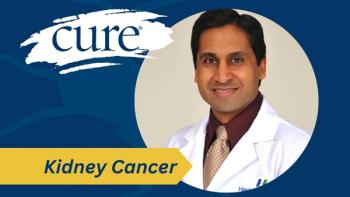
Dr. Ravi Munver discusses how minimally invasive techniques allow patients to preserve kidney function and practical guidance for navigating treatment.

This guide provides a supportive overview of stage 2 melanoma, covering diagnosis, treatment options, and key questions for your medical team.

Jennie Smythe continues the conversation following her initial discussion on early detection self-advocacy during Breast Cancer Awareness Month.

Young women with breast cancer experience significant declines in body image, sexual satisfaction, and sexual interest both during and after treatment.

Although death rates continue to decline each year, prostate cancer cases are increasing, especially those diagnosed at advanced stages.
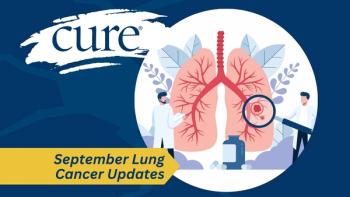
As we approach Lung Cancer Awareness Month this November, it’s important to reflect on the latest developments and insights in lung cancer research.

October is Breast Cancer Awareness Month, and CURE is here to address some of the most common questions patients have after a breast cancer diagnosis.
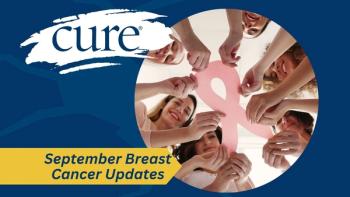
As we kick off Breast Cancer Awareness Month, it’s an opportune time to reflect on some of the most important breast cancer stories shared last month.
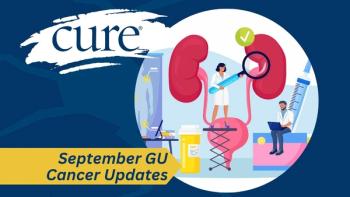
As September concludes, the landscape of GU oncology continues to evolve, with important developments in prostate, bladder, kidney and other cancers.
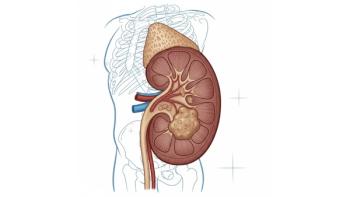
This guide on stage 2 kidney cancer covers key info, treatments and what to expect, helping you prepare for informed discussions with your care team.
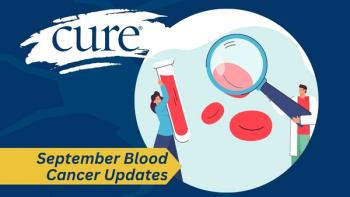
Recent clinical trial results, real-world safety data, and patient experiences highlight meaningful advances in blood cancer care.

Jennie Smythe, a breast cancer survivor, shared her journey from diagnosis to survivorship in an interview with CURE during Breast Cancer Awareness Month.

The FDA approved the denosumab biosimilars Enoby and Xtrenbo for patients on hormone therapies for breast or prostate cancer that weaken bones.
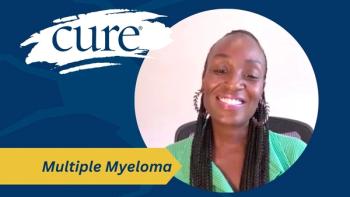
Tamara Mobley shares how persistent back pain led to her myeloma diagnosis and why she now raises awareness to help others recognize subtle warning signs.

Cancer during pregnancy is rare but increasingly recognized as maternal age rises and non-invasive prenatal testing becomes more common.
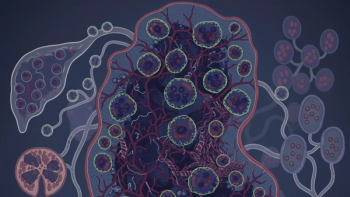
Lymphoma is a treatable cancer of the immune system; early diagnosis and personalized treatment with chemo and radiation often lead to a cure.
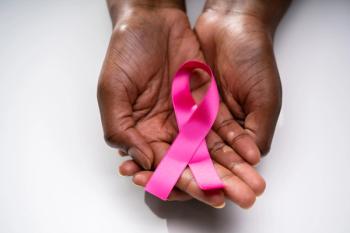
The FDA granted priority review to an sBLA for first-line treatment with Enhertu plus Perjeta in unresectable or metastatic HER2-positive breast cancer.